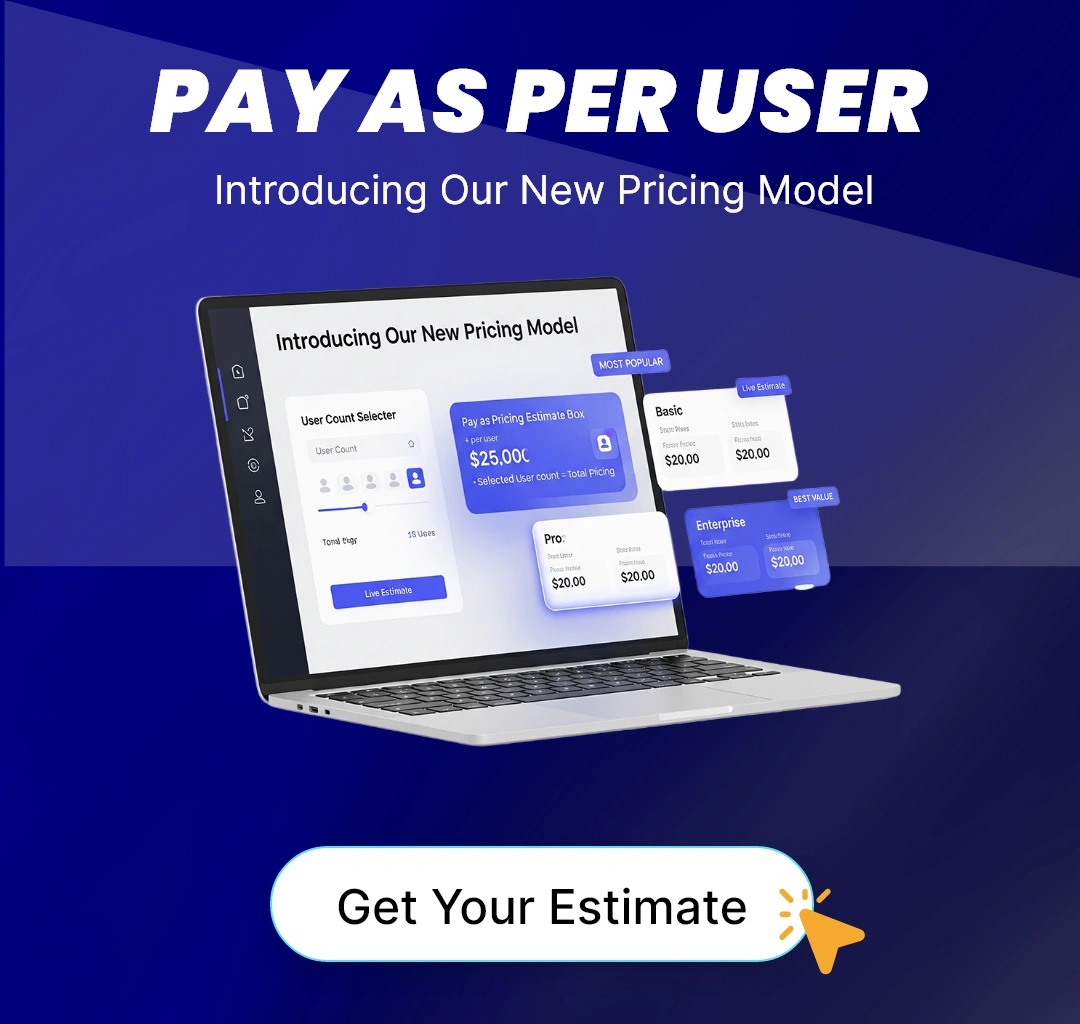Think of Moodle and Salesforce as two super-helpful tools that companies use for different reasons. Moodle is like a virtual classroom where businesses can create online courses and training. Salesforce, meanwhile, helps businesses keep track of their customers, manage sales, and tailor their marketing efforts. By Moodle Salesforce integration together, businesses can effortlessly combine learning and customer management. This means they can create better, more personalized learning experiences for their users and, at the same time, keep all their customer interactions and data neatly organized in one place. It’s like having the best of both worlds, where the learning system talks to the customer management system, making things simpler and smarter for businesses!

We have
something for you!
Are you still figuring out which LMS is the best? Grab the chance to explore the LMS Buyer's Guide and get started.










